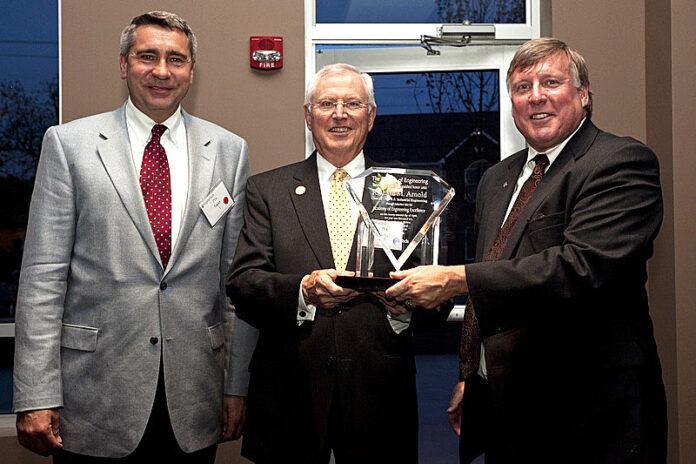With the two-cent meals tax pinching the already teetering downtown restaurants, Councilman Court Rosen thought vendor carts should be delayed a couple years until the meals tax expires. However, Rosen said that he likes the idea as “it promotes a free market.” Council member Gwen Mason agreed.
This past Monday, council was briefed by planning administrator Chris Chittum on the proposal for street vending. Twenty-five attended a March forum, comprised of mostly stakeholders that would be affected by the presence of cart vendors near their eating establishments.
Competition with brick-and-mortar restaurants was the dominant concern. The one-time application fee was adjusted downward to $75 plus a $40 monthly permit fee. The minimum term for a permit was changed to one month but could extend up to 12 months.
Cart locations would include sidewalks, parks and greenways, but not parking spaces. They would be required to maintain a 50-foot distance from restaurants or outdoor dining areas.
The carts would be removed when not in service. Special events would essentially create a “blackout” period where carts would be prohibited.
No loudspeaker or signage would be permitted, and code enforcement personnel would monitor the vendors. Sales tax would apply and health inspections would be mandatory.
Councilman Dave Trinkle, who owns two area restaurants, suggested there be a 100-foot buffer from any restaurant. Assistant City Manager Brian Townsend said, “Basically this would prohibit any cart from setting up downtown.”
Trinkle asked if a parking space on Reserve Avenue could be used during lunch hour for Carilion employees. Chittum really didn’t want to go down the path of opening up parking spaces for carts, especially at the already crunched Reserve Avenue area. It could also create a traffic hazard with people wandering out into a busy street.
Trinkle called for higher fees to make it more equitable, saying, “Most of the responses were on the side of the vendors but I would be more on the side of the [restaurants] first.”
Trinkle also wanted an “appeals process for restaurants that feel there is undue competition going on.”
Townsend said that he didn’t want to get into the complexity of “who sells what … that would be a real slippery slope.” The property owner initially would be notified prior to permitting anyway; that would be the time to ask questions.
Trinkle also suggested a maximum of four to six months duration for permits to test a vendor site first. Townsend thought that “no vendor would spend the money to purchase a cart and pay fees with revocation hanging over their head.”
Trinkle responded that “There are tons of spots available around the city for a cart to move to another location.” Townsend reminded Trinkle that “it all depends on the foot traffic.”
Townsend suggested the easiest way to phase it in is to limit carts to Century Plaza, Elmwood Park and Wachovia Plaza.
Mayor Bower had his say and was “hearing that the small downtown restaurants are worried … the timing is not right.”
Trinkle said he’d like to tweak it some more and make it a win/win proposition.
City Manager Chris Morrill suggested starting first where there is no conflict. The administration will set up another forum and have an ordinance ready for city council at their first meeting in June. Cart vendors could then take advantage of the summer months.
By Valerie Garner [email protected]
